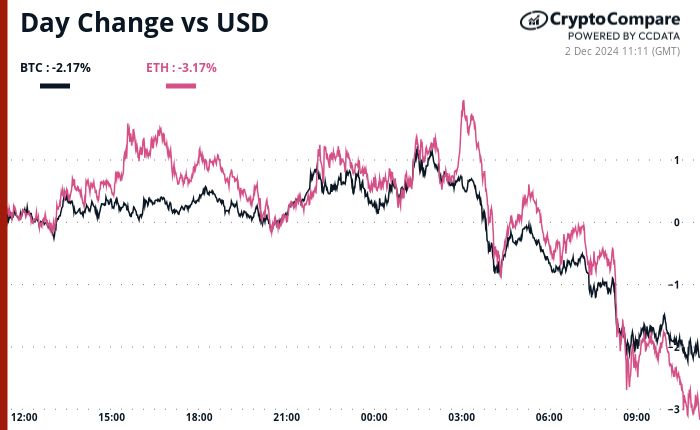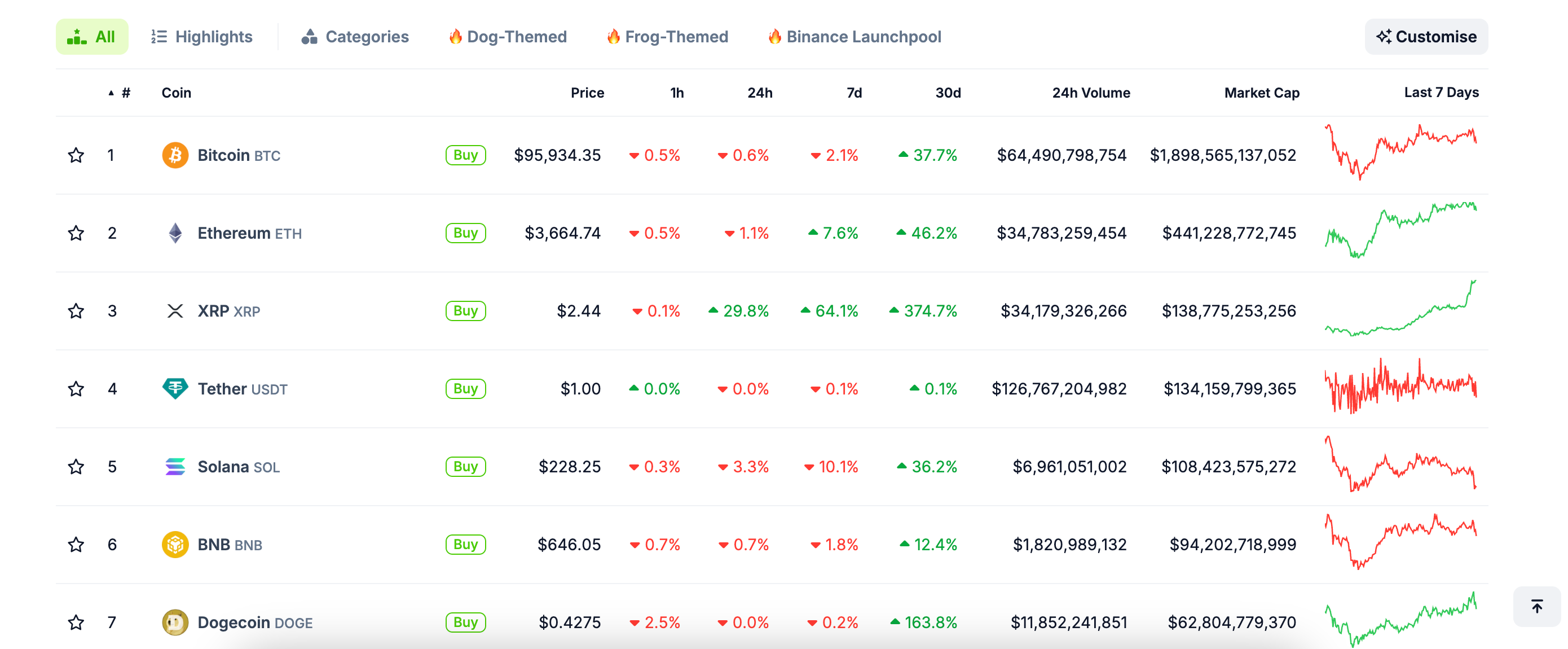Data collection will not be the same in the metaverse
When asked how brands should try to measure integrations in the metaverse, Adam Rodgers, president of martech company Leavened, had an interesting answer.
“It’s really not that different from how we think about measurement for non-metaverse platforms,” he said during one of the week’s panels. “The number-one most important thing … is data.”
While, in a practical sense, Rodgers is right—you can’t measure impact without data—his response mostly whiffs on a core understanding of the metaverse: data belongs to the user. Of course, this is not true for Web2 gaming platforms dressed in metaverse clothing, such as Roblox and Fortnite, which are centralized ecosystems that own every action, asset and data point in their worlds.
But for any metaverse platform that associates itself with Web3 and its development, data cannot belong to anyone else but the user. It is this new paradigm that separates Web3 from Web2; without it, users have no power, and the internet retains its current exploitative model.
This is partially why Web3 spaces like the metaverse pose a novel set of questions for marketers. How can brands learn anything about users when they have no easy access to their data? Why would users surrender their data if they don’t have to?
Now you’re starting to get it. Marketers need to understand that in Web3, their value prop has to be compelling. The model of easy access to consumer data does not exist here. Instead, brands will have to convince consumers—through perks, unique experiences and community—why they’re worth the data exchange, which, by the way, can only be of the first-party variety.
Later in his response, Rodgers went on to say: “You have to make sure that as you build that relationship and you do that integration, the data comes right back to you.”
Again, his point is not wrong. What is wrong is his assumption that marketers will have the same ease of access to data in the metaverse that they’ve always had.
Bonus: Advertising Week knows marketers still don’t understand Web3
The organizers of Advertising Week included in this year’s programming a series called “AWExplains,” in which an expert sits down and unpacks the basics of a single topic for about 10 minutes. Of the six pre-recorded segments, three were about Web3—an understandable yet obvious indication that marketers still do not get the space.
The three segments were all well done, with articulate speakers and no-nonsense explanations. It also helps that the topics—cryptocurrency, NFTs and the metaverse—each received their own video, as opposed to having been combined into one and thus skipping over important facts, such as the technologies’ relevance to marketers.
It has now been a year since Meta rebranded from Facebook, kicking off the metaverse as viable territory for many brands. NFTs have been in the limelight for even longer, and crypto reached a relative peak in terms of mainstream attention when it took over the Super Bowl in February. This is all to say that marketers really should be getting the whole Web3 thing by now, or else they risk getting passed by as new concepts and technologies emerge within the space.
But there’s hope that Advertising Week won’t have to feature Web3 in this type of series next year (why a primer on gaming—gaming—was included as one of the segments is completely beyond us). The event featured a “Web3 Pass,” which was described as a digital version of the standard Advertising Week Pass, but with opportunities to receive rewards and other utilities. Guests could earn NFTs by attending a specific number of sessions or by networking, as well as access to the VIP lounge and Amazon gift cards.
This author claimed a pass but sadly never received one. Still, the experience—assuming it worked for others—was an admirable effort to educate marketers on Web3, and without the training wheels.
Read More: news.google.com









 Bitcoin
Bitcoin  Ethereum
Ethereum  XRP
XRP  Tether
Tether  Solana
Solana  Dogecoin
Dogecoin  Cardano
Cardano  USDC
USDC  Lido Staked Ether
Lido Staked Ether  Avalanche
Avalanche  TRON
TRON  Shiba Inu
Shiba Inu  Stellar
Stellar  Toncoin
Toncoin  Wrapped stETH
Wrapped stETH  Polkadot
Polkadot  Chainlink
Chainlink  Wrapped Bitcoin
Wrapped Bitcoin  Hedera
Hedera  Bitcoin Cash
Bitcoin Cash  WETH
WETH  Sui
Sui  Litecoin
Litecoin  Pepe
Pepe  Uniswap
Uniswap  NEAR Protocol
NEAR Protocol  LEO Token
LEO Token  Wrapped eETH
Wrapped eETH  Aptos
Aptos  Internet Computer
Internet Computer  USDS
USDS  POL (ex-MATIC)
POL (ex-MATIC)  Cronos
Cronos  Ethereum Classic
Ethereum Classic  Artificial Superintelligence Alliance
Artificial Superintelligence Alliance  Ethena USDe
Ethena USDe  Bittensor
Bittensor  Render
Render  Filecoin
Filecoin  Algorand
Algorand  Arbitrum
Arbitrum  Aave
Aave  Cosmos Hub
Cosmos Hub  Stacks
Stacks  Dai
Dai  WhiteBIT Coin
WhiteBIT Coin  Immutable
Immutable